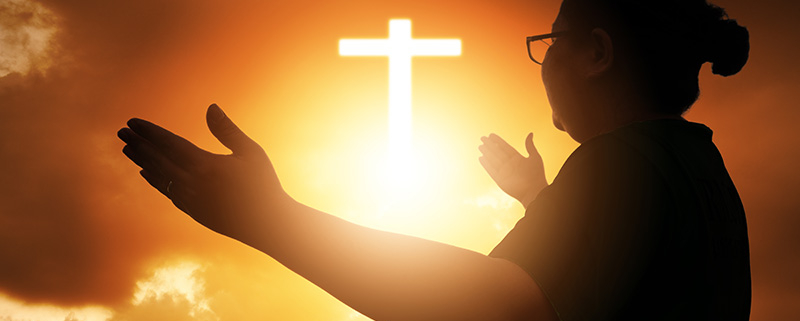by Naoki Sugioka
What comes to mind when you hear the word ‘baptism’? There are hundreds of answers. Everyone has different images of what baptism means.
In Japan, many people believe baptism is a ceremony you must go through to be a church member. Well, I don’t deny baptism has that kind of aspect. But this tendency to misunderstand baptism has resulted in unbelievers hesitating to be baptised even though they have attended Sunday service for many years. Some say, ‘The teaching of the Bible has much meaning to my life, and I am very much impressed by the life of Christ, but I am not confident to be responsible enough’. Responsible for what? They mean responsible for sharing the burden of the church.
Once they become a church member, they are expected to give their church more offerings and share more time for church activities. Everything seems to be an obligation. I understand that many churches in Japan have many expectations of newly baptised people since each congregation is small and the average age of members is high.
But our celebration of baptism is not based on increasing the number of church members. The day of baptism is the day of repentance. The day a sinner returns to their Father.
Jesus says, ‘Just so, I tell you, there will be more joy in heaven over one sinner who repents than over 99 righteous persons who need no repentance’ (Luke 15:7). Our joy is directly connected to this heavenly joy.
When I meditate on the word ‘baptism’, I am reminded of one historical event. Hans Paludan Smith Schreuder was sent to the Kingdom of Zulu in South Africa from Norway in 1844. He was the first missionary the Norwegian Mission Society sent overseas. After he arrived, he started learning the Zulu language and tried to make a peaceful relationship with them. But reaping the first harvest took many years. The first baptism in Zulu took place in 1858 – 14 years to win one soul for Christ after Schreuder started planting seeds of the gospel. I can imagine how Christians in Norway rejoiced at the news of the first baptism from the Zulu tribe. But if they had given up on their mission work halfway through because they didn’t see any results, they might not have experienced this heavenly joy of the return of one sinner.
Our society is greatly influenced by commercialism, so the church also can face the temptation of counting baptism as its own achievement and a newly baptised person as its benefit and resource. But God is seeking a lost one to take home no matter how long it takes, how much it costs, and how far they have gone.
And most importantly I must remember that I was the lost one my Father found and brought home, and his joy is still sustained!
Rev Naoki Sugioka is from LCANZ’s overseas partner Kinki Evangelical Lutheran Church (KELC) in Japan. Read more wonderful stories from our overseas partner churches in Border Crossings, included with this edition.




